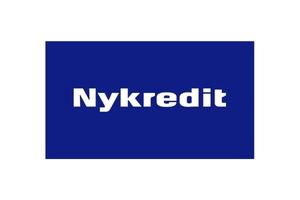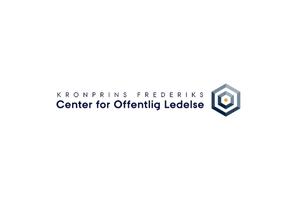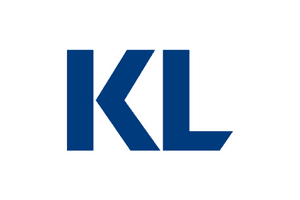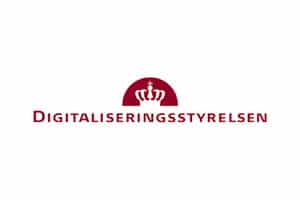Personal and professional development with a growth mindset culture
One of the key ideas in growth and fixed mindset theory is that all workplaces have certain mindsets (habits of thought). These have a significant impact on how employees see the world and therefore how they think and act.
According to Carol Dweck, these habits of mind can be understood as either fixed or growth mindsets. Of course, this division into two archetypes is a bit of a caricature. Simplification aids understanding. An important nuance to the theory is that we all possess both types of mindset. They are expressed in different situations, but we can promote one type of mindset over the other. However, our mindset often operates outside of our conscious awareness. That is, we are rarely explicitly aware of or thinking about our mindset.
One way to reflect on which mindset we have and which prevails in our workplace is to ponder these two questions:
1. Is hard work necessary to reach one's peak or, conversely, is hard work a sign that we lack the necessary skills and the talent is simply not there?
2. Are we more concerned with appearing competent at all costs, or are we more concerned with learning and developing?
When reflecting on these two questions and trying to identify which mindset is most pronounced - in ourselves and in the organization we work for - it is important not to automatically attribute a growth mindset to ourselves and a fixed mindset to others. Furthermore, it's important not to just say that you have a growth mindset because it seems the most desirable. We all possess elements of both types of mindset, and it takes a persistent effort to change your mindset so that it is characterized more by development than stagnation.








